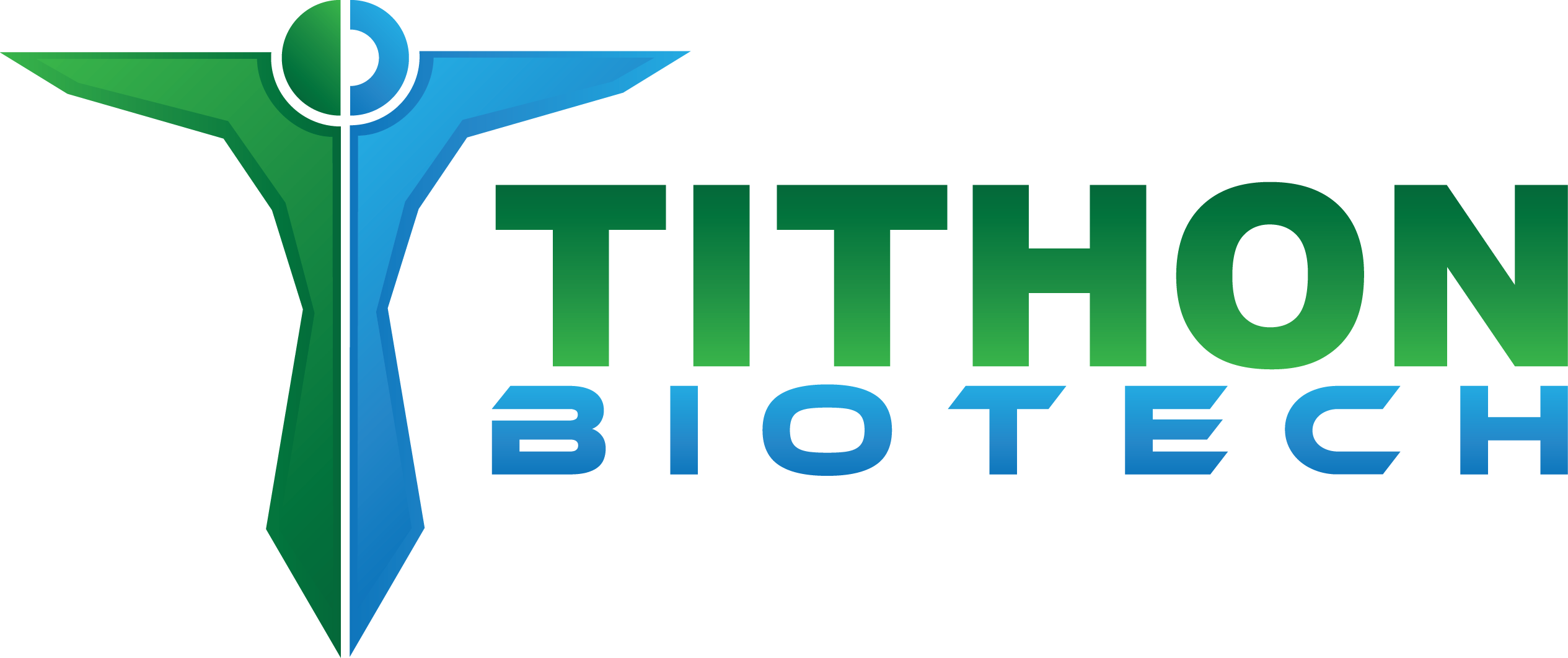Our Research and New Product Development
Our research aims at exploiting advances in stem cell biology to develop radically new therapies for degenerative disease and chronic pain. Our main research focus is on the biology and application of naturally occurring pluripotent cells (nPSCs). Naturally occurring Pluripotent stem cells can truly provide for each person their own therapeutically relevant cell types for applications in personalised disease modelling or regenerative medicine.
Our research efforts have been able to develop intestinal and kidney organoids from nPSCs which can be used for disease models in a dish and potentially autologous therapeutic tissue. Currently, our research team investigates nPSCs as tools to develop autologous cell-based strategies for regenerative medicine.
A major effort of the lab is devoted to harnessing and manipulating the differentiation potential of nPSCs. We have developed highly efficient strategies to coax these cells into cell populations in a dish into specific types of nerve and endocrine cells, as well as bone forming cells, cartilage cells, beating cardiomyocytes and kidney progenitor stem cells.
Projects in the lab fall into three major categories:
Directing fate and age of human pluripotent stem cells
Our lab has pioneered the directed differentiation of nPSCs into multiple specialized cell types of the intestinal system – leading to development of intestinal organoids. The long-term goal is to develop a roadmap to re-create the full cellular diversity of the intestinal system. In addition to cell fate, we are interested in defining the molecular pathways that control timing of human differentiation including cell fate specification, intestinal cell maturation and the programming and re-programming of cellular age in a dish.
Modelling human disease using pluripotent stem cells
One of the most intriguing applications of human pluripotent stem cells is the possibility of recreating a disease in a dish and to use such cell-based models for drug discovery. Our lab uses human nPSCs modelling human disorders of the intestinal system such as Crohn’s disease and ulcerative colitis.
Human pluripotent stem cells in cell therapy
We have a long-standing interest in developing autologous stem cell-based therapies for regenerative medicine.
Our two main efforts are:
(1) on chronic neuropathic pain from spinal cord lesions. We have developed protocols to derive chromaffin cells from nPSCs capable of engraftment via intrathecal administration, pursue the first clinical autologous application of human PSC cell based chromaffin cells in chronic neuropathic pain.
(2) on chronic kidney disease such as end-stage renal failure. We have developed protocols to derive kidney progenitor cells from nPSCs capable of engraftment via intrarenal injection to help improve the function of a failing kidney.
CONTACT US
